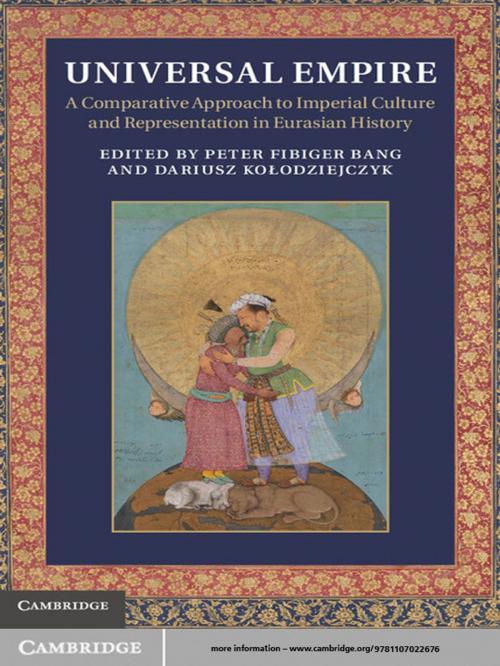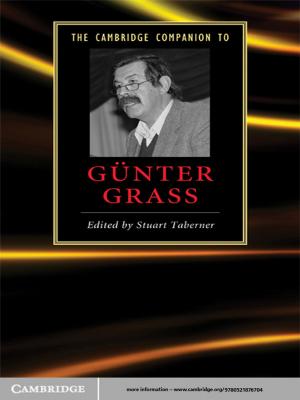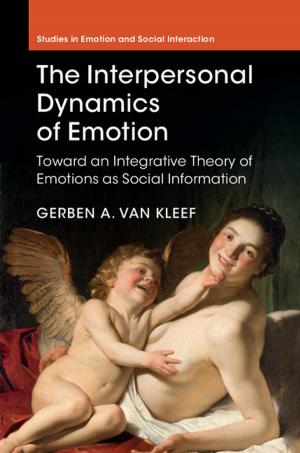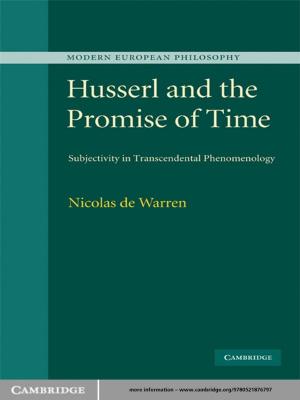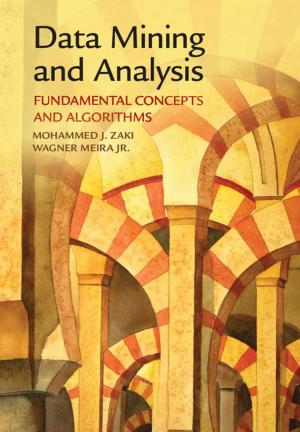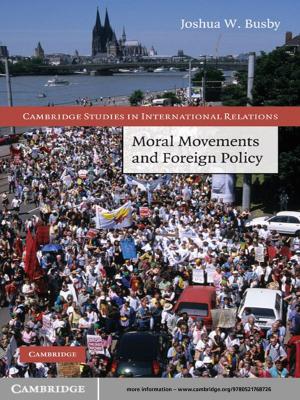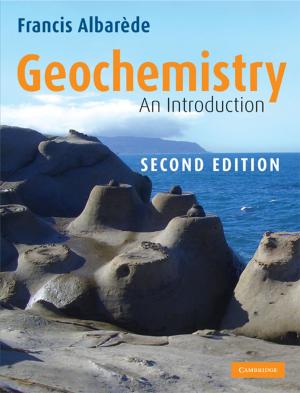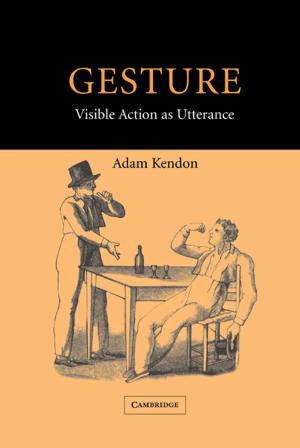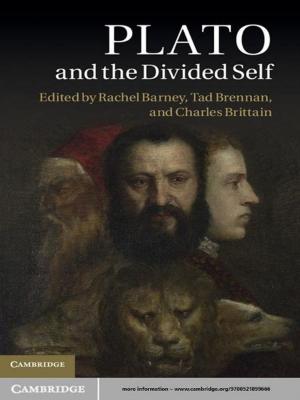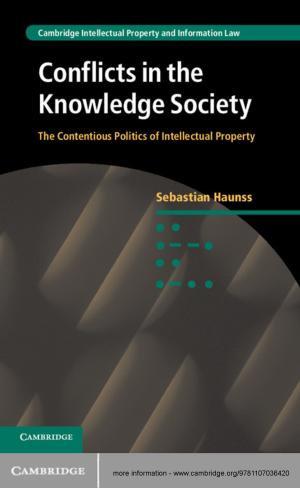Universal Empire
A Comparative Approach to Imperial Culture and Representation in Eurasian History
Nonfiction, History, Ancient History, Social & Cultural Studies, Political Science| Author: | ISBN: | 9781139564588 | |
| Publisher: | Cambridge University Press | Publication: | August 16, 2012 |
| Imprint: | Cambridge University Press | Language: | English |
| Author: | |
| ISBN: | 9781139564588 |
| Publisher: | Cambridge University Press |
| Publication: | August 16, 2012 |
| Imprint: | Cambridge University Press |
| Language: | English |
The claim by certain rulers to universal empire has a long history stretching as far back as the Assyrian and Achaemenid Empires. This book traces its various manifestations in classical antiquity, the Islamic world, Asia and Central America as well as considering seventeenth- and eighteenth-century European discussions of international order. As such it is an exercise in comparative world history combining a multiplicity of approaches, from ancient history, to literary and philosophical studies, to the history of art and international relations and historical sociology. The notion of universal, imperial rule is presented as an elusive and much coveted prize among monarchs in history, around which developed forms of kingship and political culture. Different facets of the phenomenon are explored under three, broadly conceived, headings: symbolism, ceremony and diplomatic relations; universal or cosmopolitan literary high-cultures; and, finally, the inclination to present universal imperial rule as an expression of cosmic order.
The claim by certain rulers to universal empire has a long history stretching as far back as the Assyrian and Achaemenid Empires. This book traces its various manifestations in classical antiquity, the Islamic world, Asia and Central America as well as considering seventeenth- and eighteenth-century European discussions of international order. As such it is an exercise in comparative world history combining a multiplicity of approaches, from ancient history, to literary and philosophical studies, to the history of art and international relations and historical sociology. The notion of universal, imperial rule is presented as an elusive and much coveted prize among monarchs in history, around which developed forms of kingship and political culture. Different facets of the phenomenon are explored under three, broadly conceived, headings: symbolism, ceremony and diplomatic relations; universal or cosmopolitan literary high-cultures; and, finally, the inclination to present universal imperial rule as an expression of cosmic order.
